“ The words you speak become the house you live in ” said Hafez, and life in this fleeting house is sublimely described by Rumi : This being human is a guest house. Every morning a new arrival. A joy, a depression, a meanness, Some momentary awareness comes as an unexpected visitor. Welcome and entertain them all! Even if they’re a crowd of sorrows, who violently sweep your house empty of its furniture, still, treat each guest honorably. He may be clearing you out for some new delight. The dark thought, the shame, the malice, meet them at the door …
Category: Art
Cruising through the fairy tales of the renown Danish writer Hans Christian Andersen (1805-1875) has been my favorite ride at Tivoli Gardens, Copenhagen. The well-known scenes from his universal fairy tales are artfully designed and animated in this popular amusement park founded in 1843. What was magical about the ride was the realness of the scenes staged in a surreal sojourn across the fairy tales. One could easily be incarnated as part of the scenes amidst the heroes of the story. To complete the “going into the book experience, ” the epitome of the tale is heard from a …
Italy is marking the 700th anniversary of the departure of Sommo Poeta — the Great Poet, Dante Alighieri (1265 Florence-1321 Ravenna), and his masterwork, The Divine Comedy. He wrote this monumental epic at the age of 35 when he was exiled from his hometown of Florence to spend the rest of his life in Ravenna, until his death. In this timeless book, Dante sets out on a voyage to the other world where souls embark upon terminating life on earth. Depending on their merit earned on earth, they were to reside in one of these realms : Inferno, Purgatorio, or …
To love beauty is to see the light. The renown French author Victor Hugo (1802-1885) reflected on the bliss of beauty that strikes the eye, and said : To love beauty is to see light. Nearly a century after Victor Hugo, Yuri Gagarin (1934-1968), the first man who traveled to space in 1961, expressed in awe as he gazed across the cosmos : Rays were blazing through the atmosphere of the earth, the horizon became bright orange, gradually passing into all colors of the rainbow: from light blue to dark blue, to violet and then to black. What an indescribable …
The patron saint of ecology, Francis d’Assisi’s love of nature, and new ways of living together set forth by the eminent neuropsychiatrist Boris Cyrulnik Living in times of an unstoppable disease pervading the earth, it has become imperative to peruse our fragile relation with nature, and to collectively revive our old values says the eminent neuropsychiatrist Boris Cyrulnik : Crises are very common in the human condition. We have already known many epidemics which have forced cultural revolutions… With each epidemic, or natural disaster, there has been a cultural change. After the trauma, we are forced to discover new …
Where the spirit does not work with the hand, there is no art. The exceptional artist and polymath, Leonardo da Vinci (1452-1519), driven by his rigorous quest for knowing the human body, spirit, and its place in the universe, dedicated his life to display his findings through art. His gift for art along with his profound knowledge in anatomy, botany, mathematics, engineering and physics are reflected in the corpus of his work. He always carried a notebook in which he drew his sharp observations with precision and artistic mastery. His scientific findings and aesthetic conceptions are preserved in nearly …
One of the most read and quoted Persian poets of the 13th century, Mevlâna Mohammad Jalal al-dîn Rumi, known as Rumi was a savant and mystic. Born in Balkh region, today’s Afghanistan (1207-1273), he and his family moved to Konya, Turkey after the Mongol conquest. Soon after his settlement in Konya, mystics, and Sufi dervishes gathered around him to benefit from his spiritual and intellectual knowledge. The spiritual life was embedded in the daily material life of the dervishes. Their gatherings were accompanied by spiritual music and dancing. It is during this period he is called “ Mevlâna” – meaning …
“Hateful to me as the gates of Hades is that man who hides one thing in his heart and speaks another” wrote Homer in his timeless epic Iliad, which is considered as a pillar of ancient Greek literature. This outstanding masterpiece, presumed to be written around 700-800 BC, is set during the Trojan War, the ten year siege of Troy by the allied Greek kingdoms under the rule of Agamemnon. The myth begins with the beauty contest between Aphrodite, Athena and Hera. Aphrodite promises the jurist, Paris that should he elect her as the winner of the contest, then he …
Once upon a time, a king had three daughters. The beauty of the youngest, Psyche, ψυχή was beyond description. The fame of her beauty was spread all around that people from other countries would come to see her, and were fascinated by what they saw. In her praise, they sang odes to her and surrendered her with chaplets. So much so that even the altars of Venus were abandoned. Offended by the growing exaltation of a young mortal, Venus exclaimed : “ She shall not seize my divine honors for I will give her cause to repent of …
“Where the spirit does not work with the hand, there is no art.” The great Renaissance polymath Leonardo da Vinci (1452-1519) –timeless artist, engineer, architect, mathematician, and scientist, with profound knowledge in science from anatomy and optics to physics to light –is commemorated at the Louvre Museum, Paris for the fifth centenary of his death. In his quest to understand the relation between the physical and the metaphysical, he spent a lifetime studying the human being and its place in the universe. His extraordinary creativity, endless genius, and artistic talents arching far beyond the perceptual and scientific realities of …



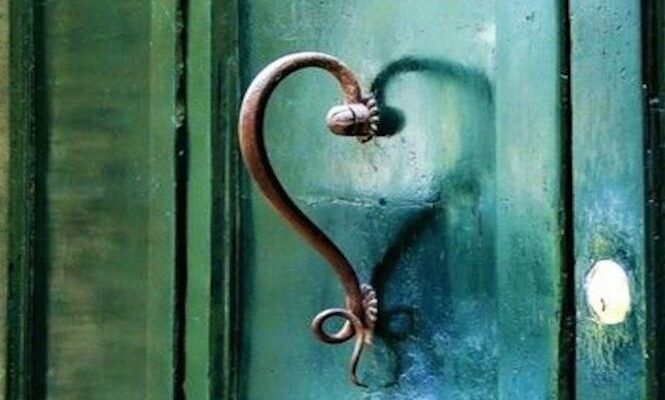


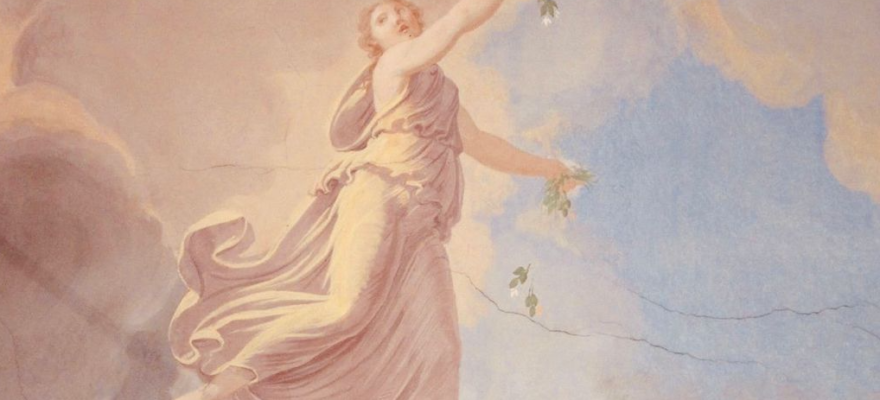
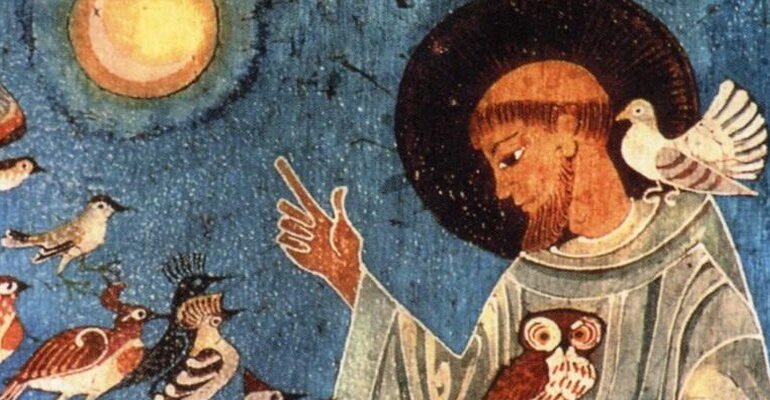
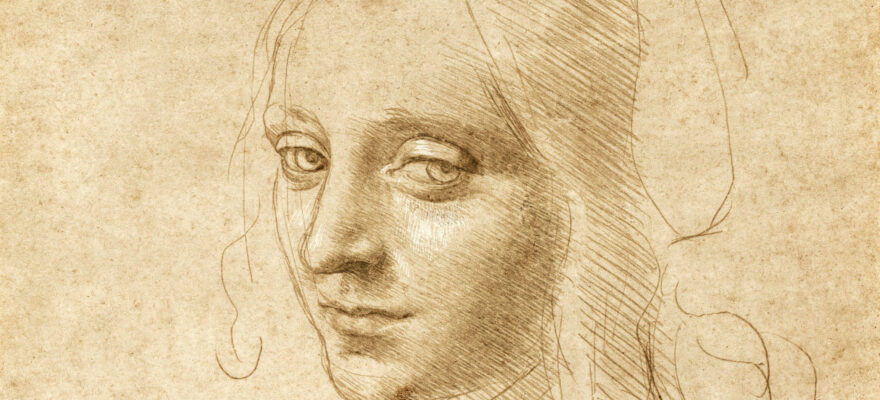
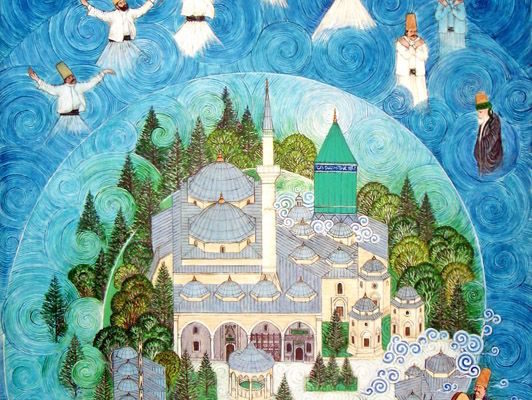
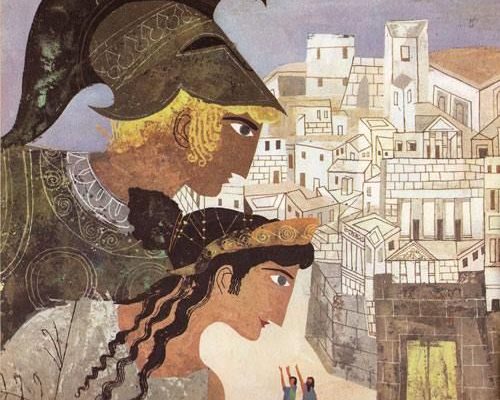
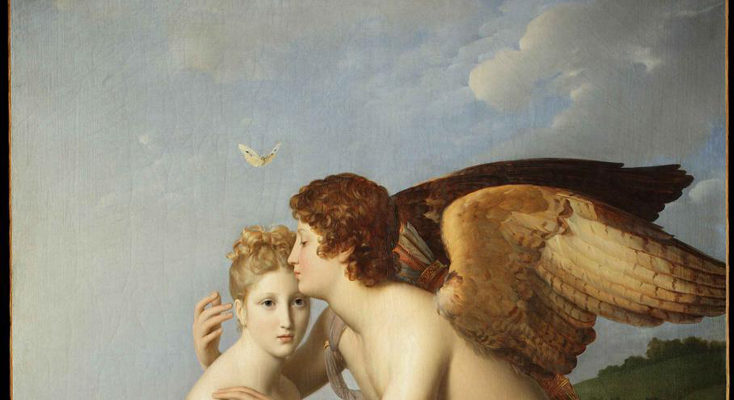
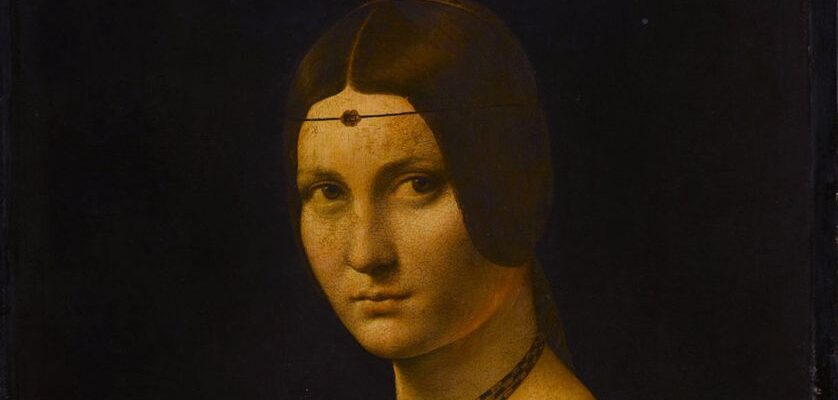





Social Profiles